Perspective of Rach Mieu 2 Bridge.
The Mekong Delta holds a very important position in terms of politics , economy, society, security, defense and in trade with ASEAN countries and the Mekong Sub-region. The Mekong Delta has a natural area of 39,734 km 2 , accounting for 12.2% of the country's area; the population is about 18 million people, accounting for 19% of the country's population. The region's economic scale has been expanded, reaching about 970 trillion VND in 2020, accounting for 11.95% of the country's total GDP; GRDP per capita reaches 56.02 million VND/person/year, the rate of trained workers reaches 62.8%; it is the largest rice granary, seafood and fruit production center in the country; contributing 31.37% of the GDP of the entire agricultural sector and more than 50% of rice output, 65% of aquaculture output, 70% of fruit output, 95% of rice exports and 60% of seafood exports; playing an important role in ensuring national food security and export. The Mekong Delta also has an important geo-economic and geo-strategic position, as it is located on the maritime route of the ASEAN region center, and is the gateway connecting the economic corridors of the extended Mekong sub-region. It can be said that with its great potential and advantages, the Mekong Delta has all the necessary factors to become one of the key economic regions of the region and the whole country.
However, the Mekong Delta's development has not been commensurate with its potential, advantages and State investment; infrastructure has not met development requirements; high-quality human resources have not been properly invested; people's material and spiritual life is still limited compared to some regions; it is facing many challenges, especially from the impacts of climate change and water exploitation in the upstream; inherent weaknesses of small-scale production, lack of cooperation and linkage; infrastructure is still inadequate in the face of large-scale production requirements, lack of logistics infrastructure for agriculture ; forms of production organization and agricultural cooperatives are still inadequate and ineffective; market fluctuations are unpredictable with the trend of green consumption requiring increasingly high safety standards.
On April 2, 2022, the Politburo issued Resolution No. 13-NQ/TW on the direction of socio-economic development and ensuring national defense and security in the Mekong Delta region to 2030, with a vision to 2045, continuing to affirm the position and particularly important role of the Mekong Delta region in all fields of politics, economics, culture, society, environment, national defense, security and foreign affairs; changing the thinking and awareness of all levels from the Central to the local level about rapid and sustainable regional development, making regional linkage the dominant thinking leading the development of the whole region and each locality in the region; arousing and promoting the proactiveness, creativity, sense of self-reliance, and aspirations of cadres, businesses and people in localities in the region. The Party and State pay special attention to the development of the Mekong Delta region. Speaking at the National Conference to disseminate and implement Resolution No. 13-NQ/TW, General Secretary Nguyen Phu Trong expected and believed that the Party committees, authorities and people of the provinces in the Mekong Delta region would strive even harder to successfully implement Resolution No. 13-NQ/TW of the Politburo, creating a new, breakthrough change in socio-economic development and ensuring national defense and security in the "Nine Dragons" land in the spirit of: "The whole country for the Mekong Delta and the Mekong Delta rising up with the whole country and for the whole country".
Provincial Party Secretary Le Duc Tho joined Prime Minister Pham Minh Chinh's delegation to promote trade and boost exports of goods abroad.
To develop the economy and society quickly and sustainably, ensuring national defense and security, the provinces and cities of the Mekong Delta need to identify and synchronously implement key tasks according to Resolution No. 13-NQ/TW, in which attention should be paid to the following contents:
Firstly, focus on effectively implementing the Mekong Delta Regional Planning for the 2021-2030 period, with a vision to 2050, approved by the Prime Minister in Decision No. 287/QD-TTg dated February 28, 2022; focus on mobilizing investment projects from all economic sectors and arousing and nurturing the strong entrepreneurial spirit of businesses and people. At the same time, localities in the Mekong Delta need to invest efforts and time to develop an integrated provincial and municipal planning for the 2021-2030 period, with a vision to 2050, in which it is necessary to study and plan development strategies with breakthrough solutions, focusing on regional linkages.
Second , developing transport and logistics infrastructure is a breakthrough solution to help the Mekong Delta develop quickly and sustainably. In recent times, infrastructure bottlenecks have been invested in but have been slow to be put into operation, causing the Mekong Delta to lack new resources for development. To solve the "bottleneck" of transport infrastructure to become a "driving force" for development in the Mekong Delta, the Ministry of Transport has implemented a plan to invest in developing the region's transport infrastructure in the 2021 - 2025 period. The central budget capital investment plan for the region has increased to 86 trillion VND, accounting for about 22% of the whole country, 2.6 times higher than the 2016 - 2020 period. The capital allocated to invest in the expressway system alone is up to 42,647 billion VND, accounting for 20% of the country's expressway investment capital, 14 times higher than the 2016 - 2020 period (3,052 billion VND).
Regarding the commercial infrastructure of the Mekong Delta region, it is not modern, with only 9.4% of supermarkets and 11.6% of shopping malls, while accounting for 19.3% of the total number of markets nationwide (in 2020), mainly third-class markets, distributed evenly in urban and rural areas. In contrast, 109 supermarkets and 29 shopping malls are only concentrated in urban areas, mainly serving about 26% of the region's population. Localities in the Mekong Delta need to proactively mobilize resources, study and call for public-private partnerships (PPP) for roads, traffic works, logistics centers, and commercial infrastructure that the central government has not yet included in the investment portfolio; effectively exploit land funds after traffic infrastructure projects are invested; resolutely direct site clearance and strictly manage traffic safety corridors; Create favorable conditions for material sources, announce prices promptly and realistically to serve the implementation of construction investment projects.
Third, promote the restructuring of the regional economy towards a green economy, a circular and integrated economy, ecological agriculture as the focus, energy industry as a breakthrough, services as a support, based on the ecosystem, in accordance with the laws of nature, biodiversity, culture, and people of the Mekong Delta. It is necessary to focus on enhancing the role of the industrial - construction sector, the service sector; promote growth in each sector, regional GRDP, economic restructuring; promote structural transformation within the connotation of sector 1: agriculture; sector 2: industry - construction; sector 3: services according to the development strategy. Gradually innovate the growth model in the direction of mainly relying on the effective use of resources, promoting development, application of science - technology, innovation and digital transformation.
Provincial Party Secretary Le Duc Tho and the working delegation conducted a field survey and promoted the progress of investment in the coastal road through Ben Tre province.
Fourth, comprehensively transform agriculture, improve productivity and increase the value of agricultural products, green agricultural production, circular and integrated economy, apply the "natural" production model, adapt to climate change, turn challenges into opportunities to "proactively live with floods, inundation, brackish water, and salt water". Develop strategic products with 3 focuses: aquatic products, fruits and rice; high-quality commodity agriculture, combined with trade, logistics services, eco-tourism, industry, focusing on deep processing industry, enhance the value and competitiveness of agricultural products. Develop agriculture associated with: Promoting the new rural construction program and the urbanization process; effectively using resources, especially land and water resources; protecting the environment, responding to natural disasters and proactively adapting to climate change; Promote the development of collective economic production organization forms towards strengthening cooperation and linkage between production associated with processing and product consumption; promote research and application of science and technology in the fields of: seeds, feed and processing; enhance sustainable farming to protect the environment, ensure food safety, cooperate and link regions (intra-regional and extra-regional) to develop agriculture and rural areas, effectively implement national science and technology programs, climate change response programs; develop marine economic strengths, focusing on developing tourism, marine services, maritime economy, offshore aquaculture and exploitation, regenerating aquatic resources and protecting marine biodiversity, proactively adapting to climate change.
Fifth, develop industry in a sustainable direction, with advanced environmentally friendly technology, focusing on processing and manufacturing industries, wind energy, solar energy, associated with marine economy, control of marine resources, and restoration of marine ecosystems. It is necessary to urgently improve the concentration and density of industrial parks and industrial clusters on the basis of linking with urban areas, regional, inter-regional, and international infrastructure systems to improve efficiency and competitiveness. In addition, the Mekong Delta has great potential for developing renewable energy, especially wind power, solar power, and biomass power. According to the draft Power Plan VIII, the Mekong Delta has over 68,600 MW of onshore wind power potential and over 31,500 MW of solar power potential. Wind power development is one of the industries with high expectations and priorities in the coming time, especially in provinces with long coastlines such as Bac Lieu, Ben Tre, Soc Trang, Tra Vinh, which have very open development space. Thanks to its agricultural strengths, the Mekong Delta also has the largest biomass power potential among the 7 ecological regions nationwide.
Sixth , increase investment in education to train high-quality human resources for the development requirements of modern agriculture, sustainable marine economy and service, trade and industrial sectors of the Mekong Delta in a new, stronger and more sustainable development stage; establish economic - defense zones in coastal areas to meet the requirements of national defense and security tasks, and protect islands in the new situation. The Mekong Delta is facing difficulties in quantity, especially labor quality. The migration of young workers to the Southeast region has significantly reduced the quantity and quality of human resources in the Mekong Delta for a long time, not only accelerating the aging of the population and causing many consequences for social security. The region needs to attract more investment projects that bring about socio-economic efficiency, which will certainly contribute to retaining workers in the Mekong Delta. In addition, the Mekong Delta provinces still have to find ways to improve the knowledge, skills and attitudes of workers in the region, not only to meet current needs, but also to prepare for the Mekong Delta economy in the future. At the same time, improve income, material and spiritual life so that the people of the Mekong Delta have a better quality of life, have the conditions to develop more comprehensively, happier; unite, strive to join hands to build happy families, the homeland is increasingly prosperous, develops quickly and sustainably.
Seventh , proactively mobilize resources, promote the contribution of enterprises and people to local development. Increase the attraction of strategic investors and large corporations to invest, expand production, increase investment, and improve domestic and international competitiveness in the Mekong Delta. In particular, priority areas for attracting investment include PPP investment in socio-economic infrastructure development; organic agriculture, agriculture combined with tourism, high-value agriculture; processing industry, manufacturing industry, industries supporting production, processing, and consumption of agricultural products; energy industry, especially clean energy, renewable energy; high-tech industry; digital transformation; logistics services; medical services; education; tourism and real estate. Continue to promote and mobilize resources of enterprises and people to participate in local development programs as well as the next phase of the new rural construction program.
Eighth, make regional linkage the main thinking leading the development of the whole region and each locality in the region. Strengthen the thorough understanding and create high consensus in awareness at all levels and sectors about the role, position and importance of the region and regional linkage. Regional linkage must become the guiding viewpoint and strategy leading the development of the whole region and each locality in the region. Promote the role of members in the Mekong Delta region, proactively and actively participate in regional linkage activities to contribute to effectively exploiting the available potentials and advantages of localities, including promoting cooperation and development linkage between provinces in the sub-region and the whole region; actively cooperate with Can Tho city, Ho Chi Minh city and key provinces and cities of economic regions...
Ninth, maintain political security, social order and safety, build a strong national defense, people's security posture, and people's border posture; proactively grasp and handle non-traditional security issues; control the situation of drugs, illegal credit, social order, and mass complaints; proactively detect, attack, and suppress all types of crimes; build a stable and safe social environment to serve socio-economic development; proactively prevent and combat, resolutely defeat the plot of "peaceful evolution"; prevent and neutralize the plots and sabotage activities of hostile forces.
Tenth, build a clean and strong provincial and municipal Party Committee in terms of politics, ideology, organization and ethics. Build a streamlined political system that operates effectively and efficiently. Build a contingent of cadres, especially key cadres at all levels, with good political qualities, ethics, capacity and prestige among the people. Continue to innovate the leadership methods of Party committees at all levels; strengthen the close relationship between the Party and the people. Promote administrative reform and administrative procedures throughout the political system to improve the investment and business environment and enhance the province's competitiveness. Strongly innovate the working style, manner, methods, and manner of cadres, civil servants, and public employees in a quick, scientific, and effective direction with the motto "taking work as the center; taking efficiency and work results as a measure to evaluate the level of task completion". Strengthen dialogue activities between the government and enterprises to listen, accompany development, promptly remove difficulties and obstacles of enterprises; support and create maximum favorable conditions for production and business activities, ensuring the principle of "harmonious benefits - shared risks" between the government and enterprises.
Nguyen Quoc Thanh
Ben Tre Provincial Party Committee Office
Source link


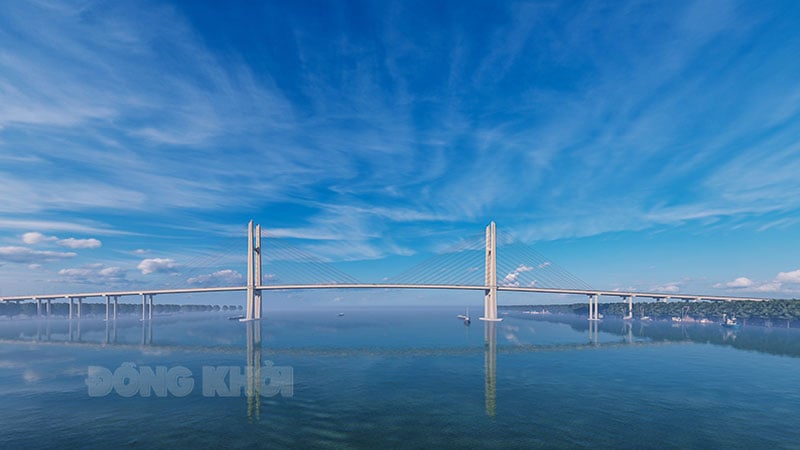
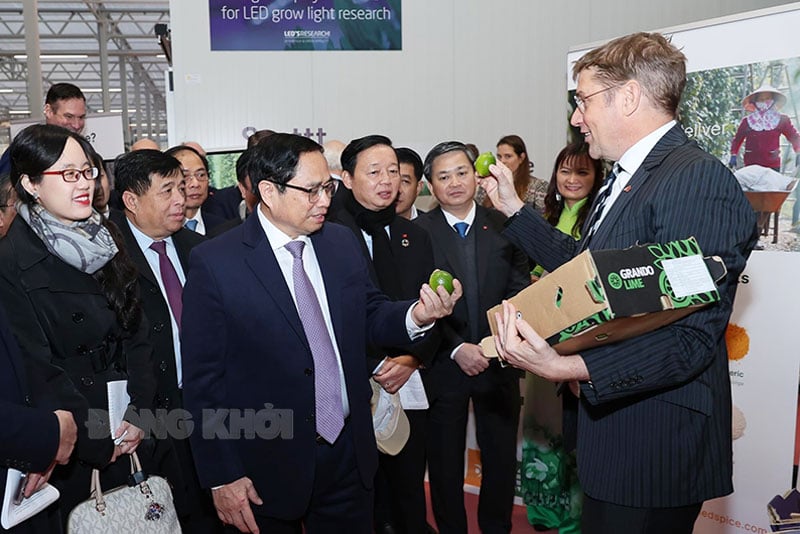
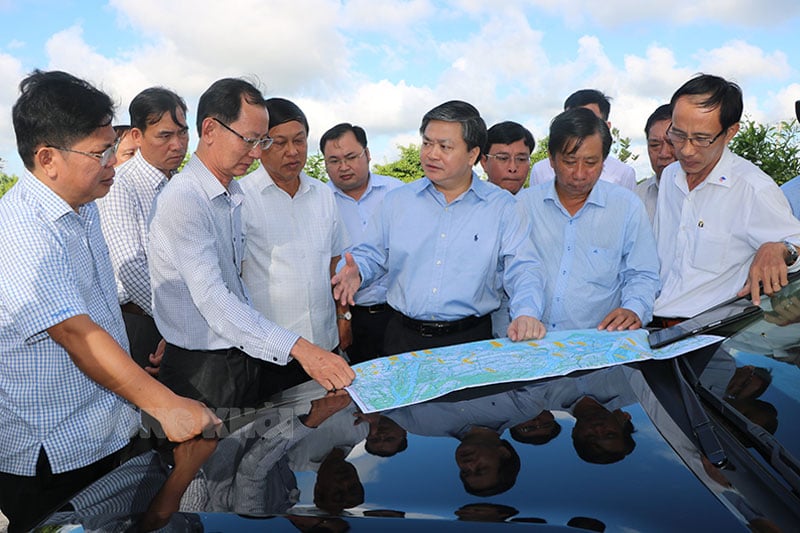
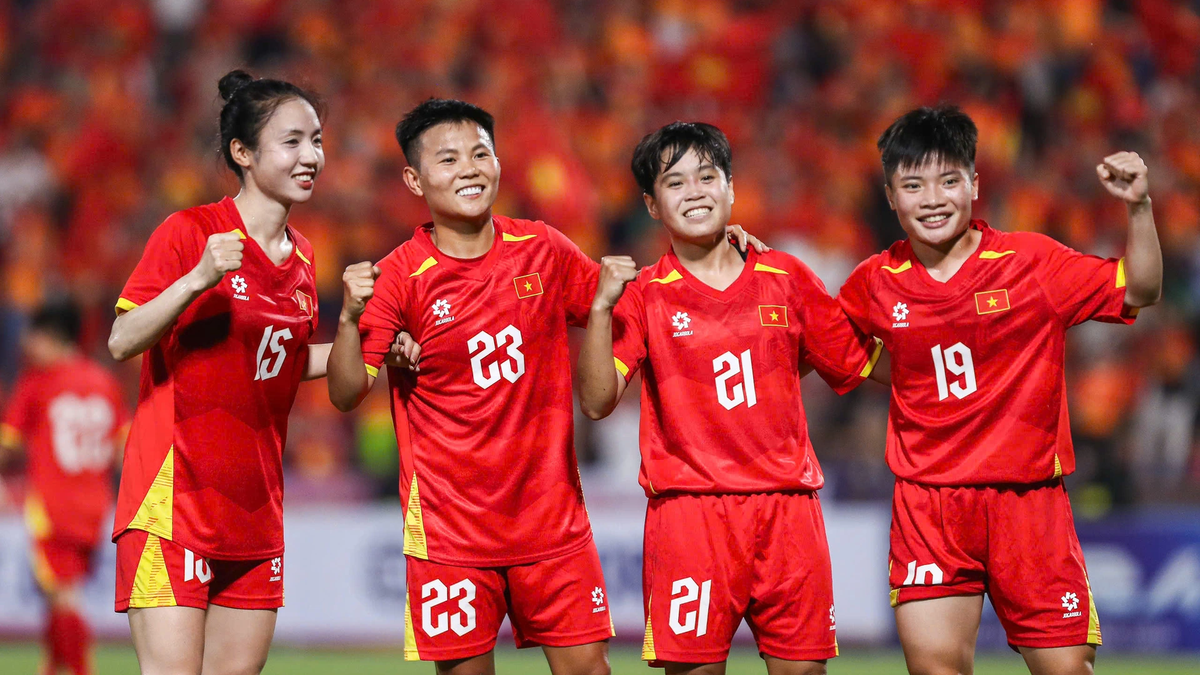
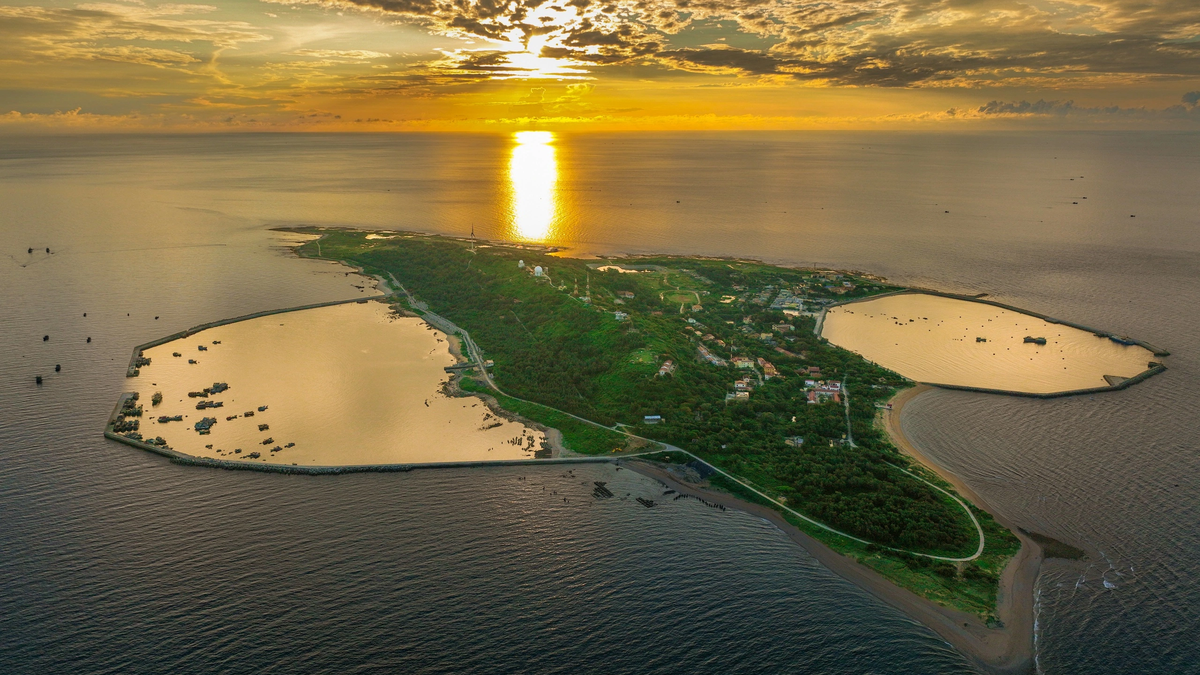
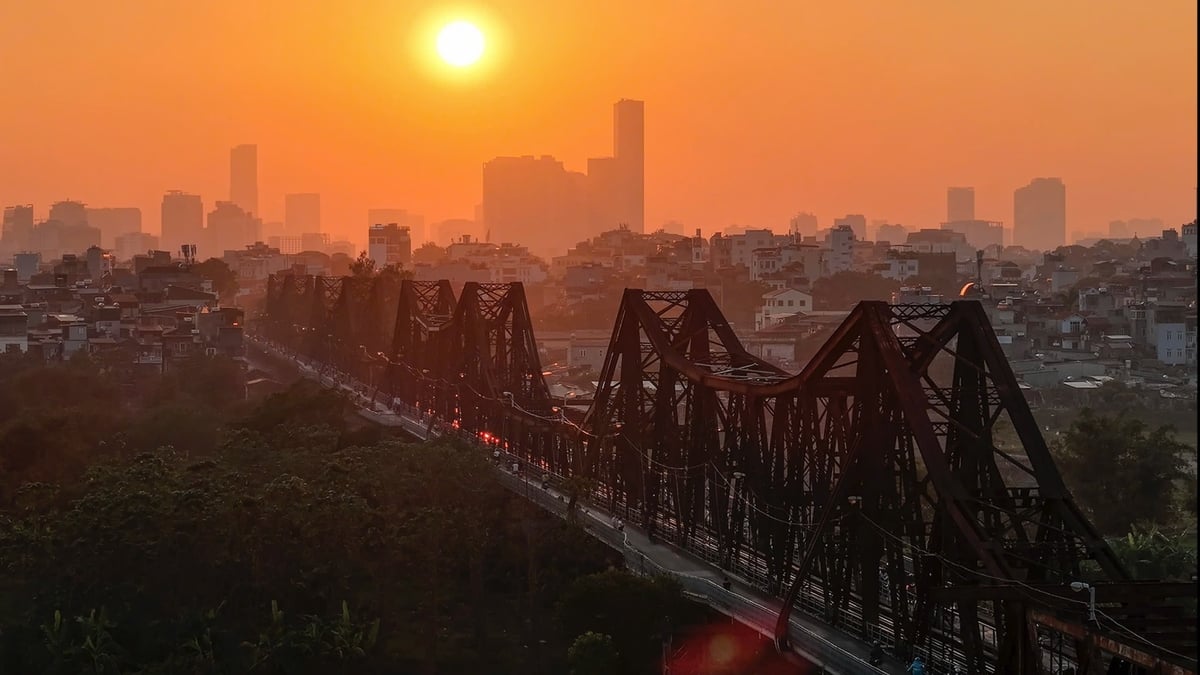
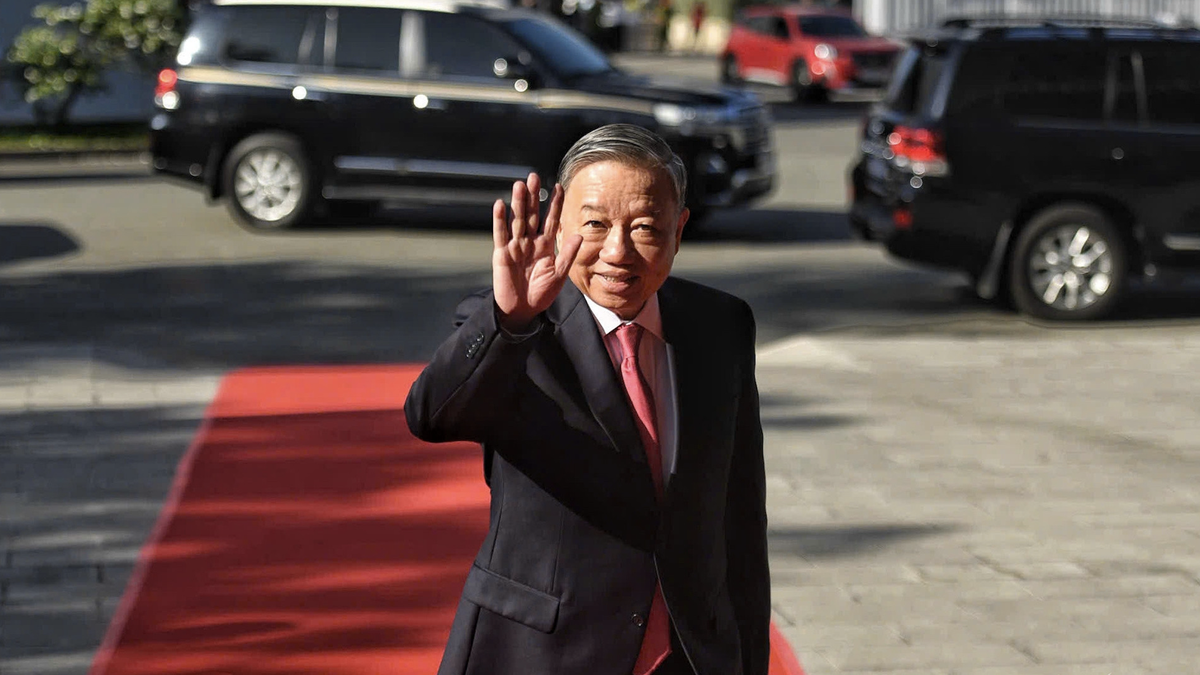
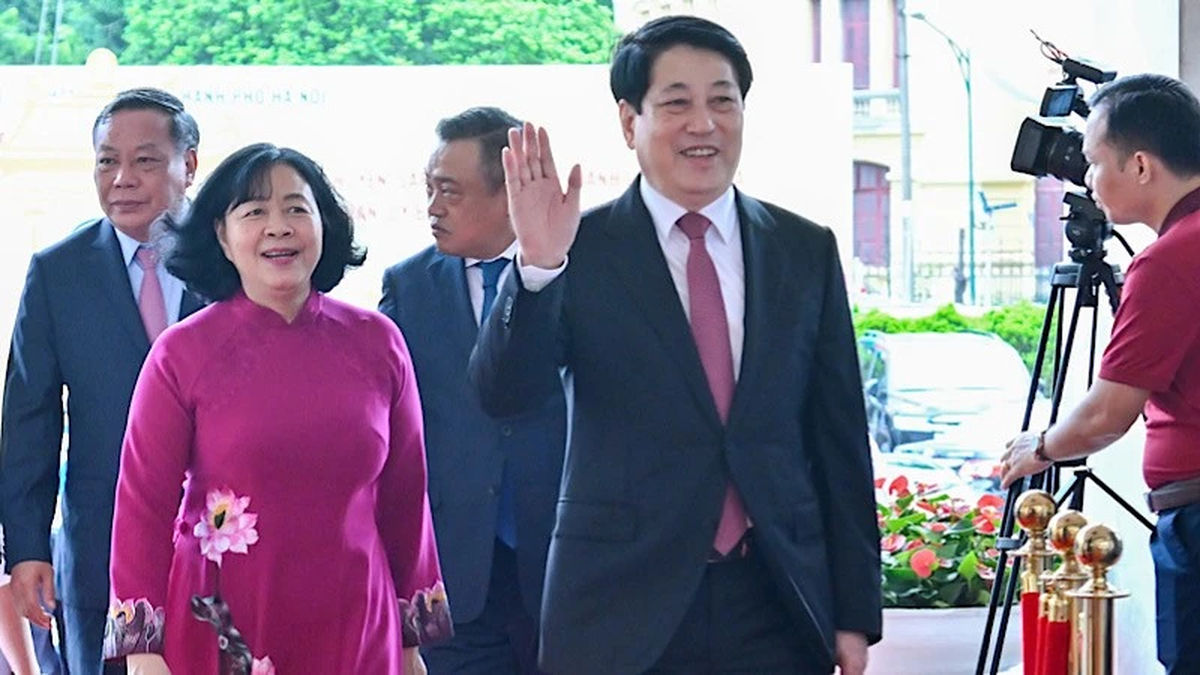
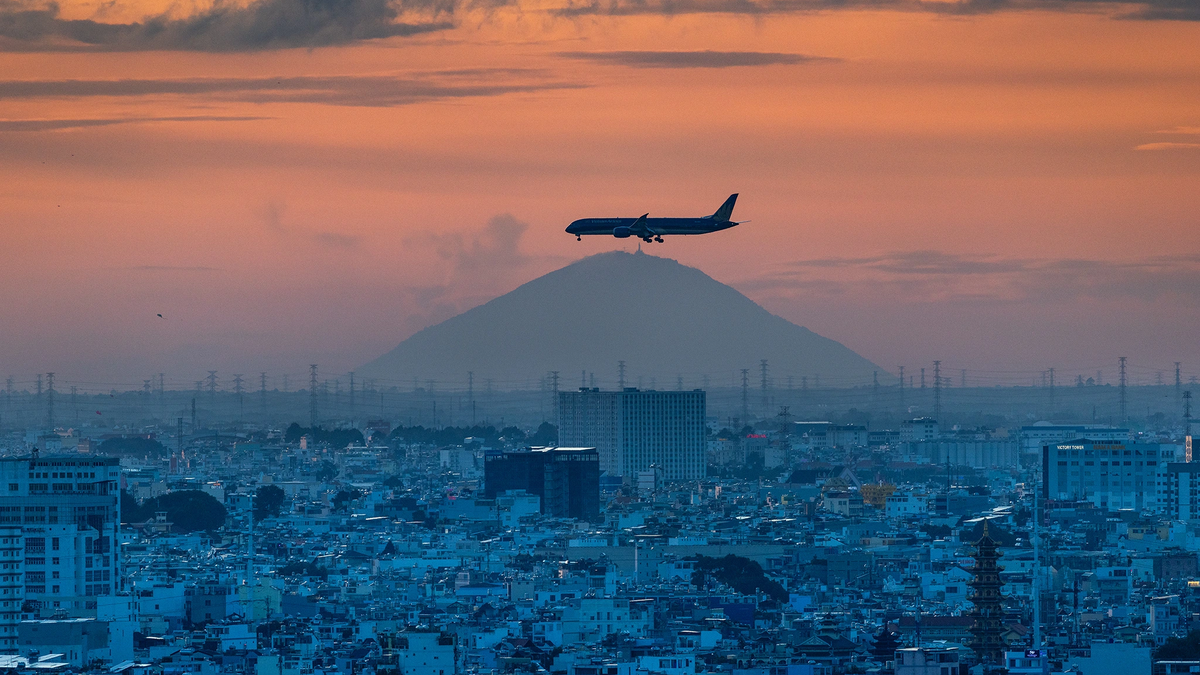
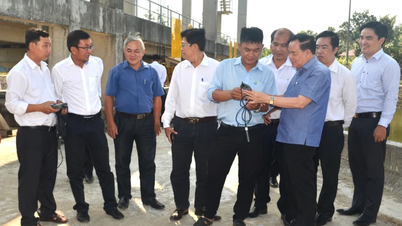
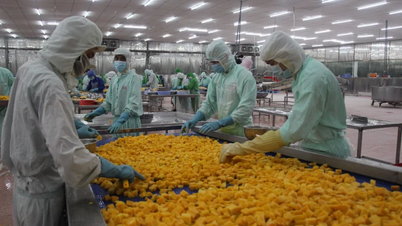
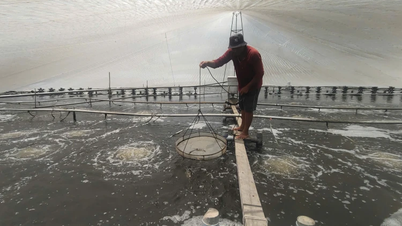
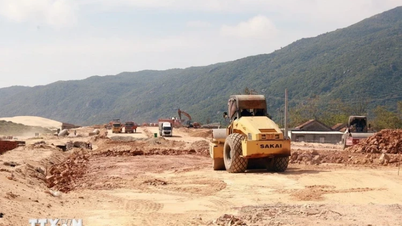
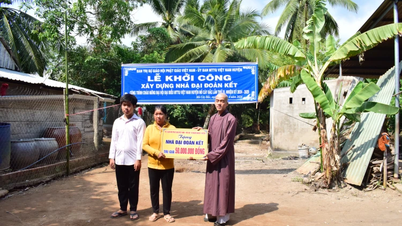





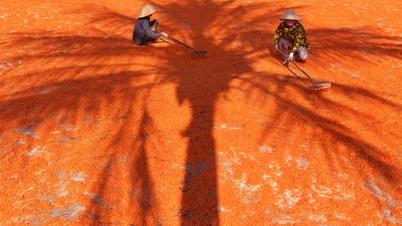
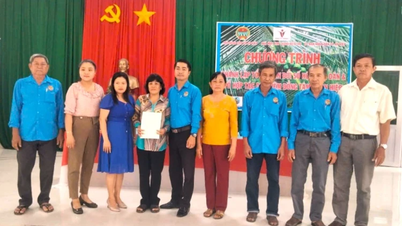
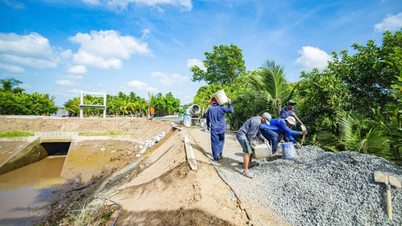
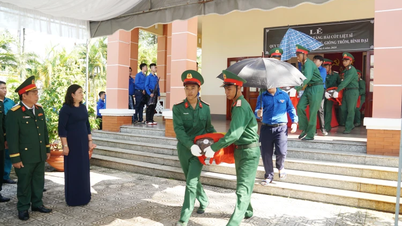
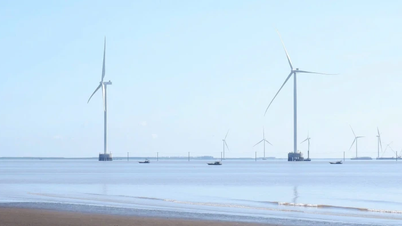
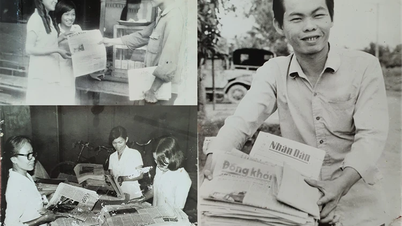


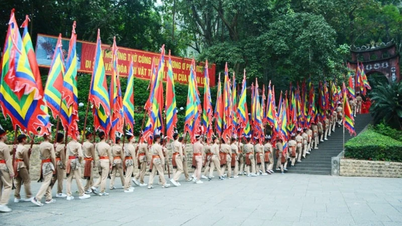

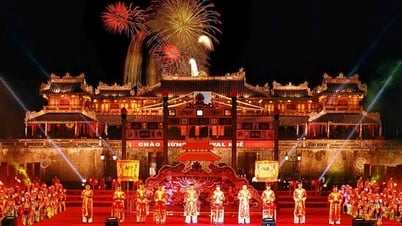






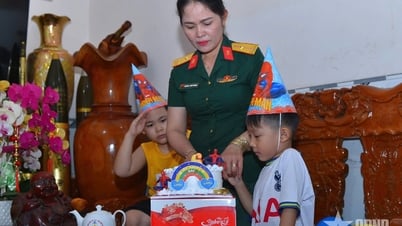
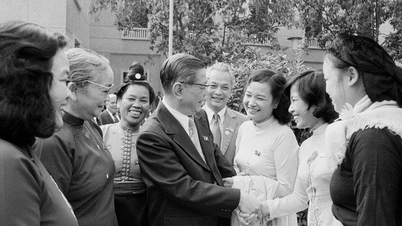
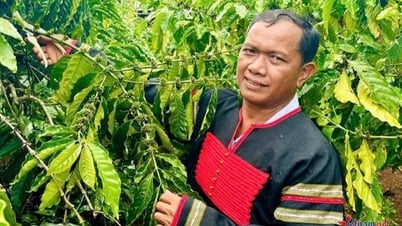

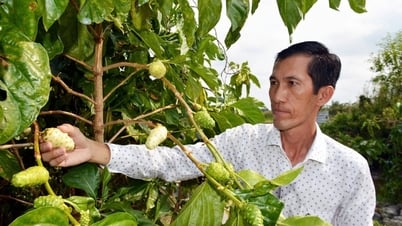





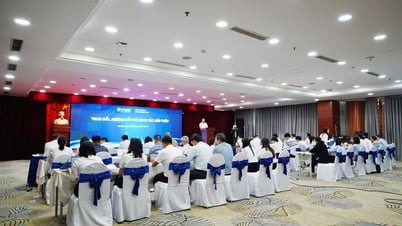

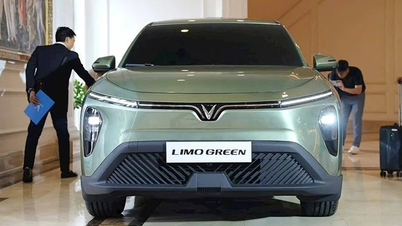


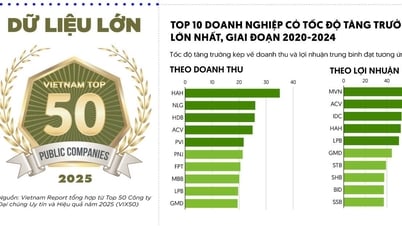



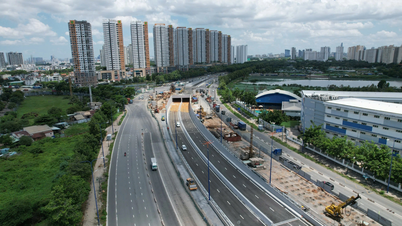
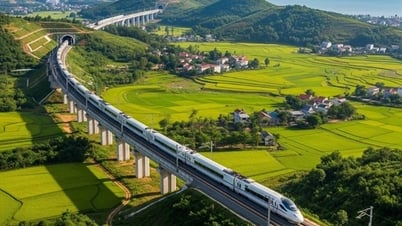
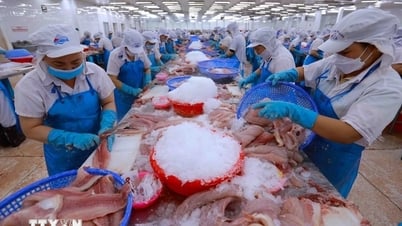




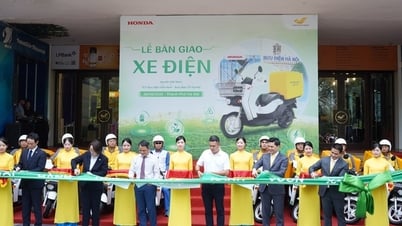

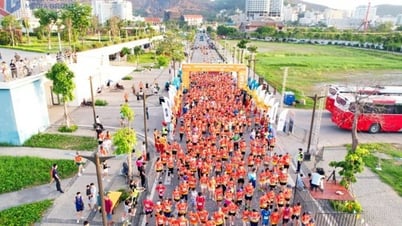
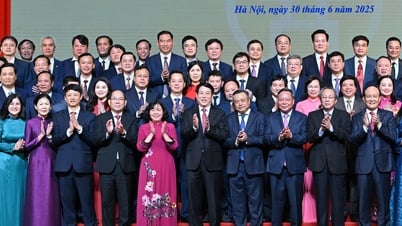

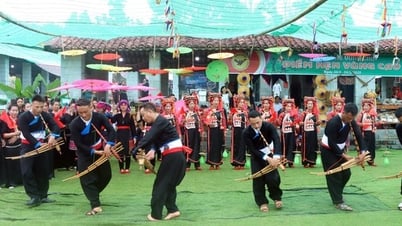
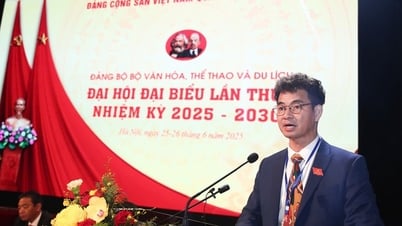
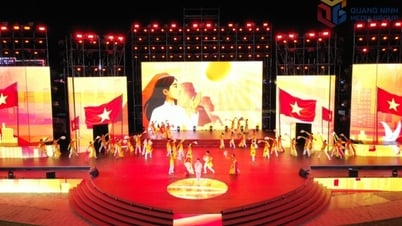

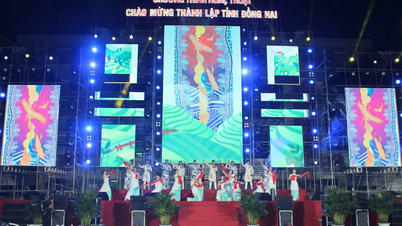

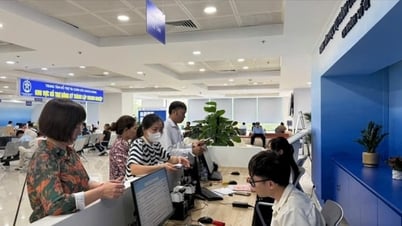

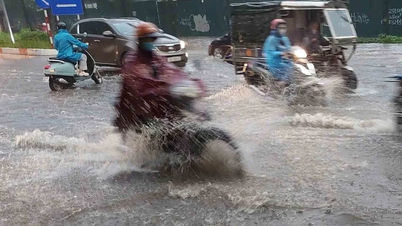

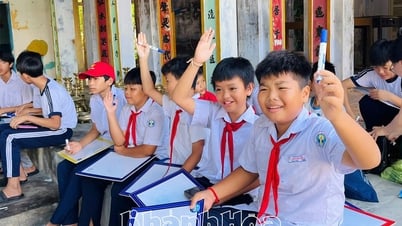












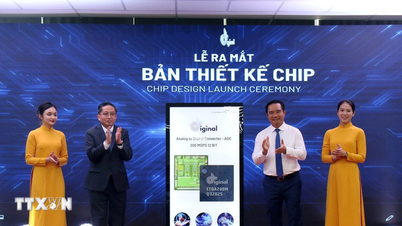

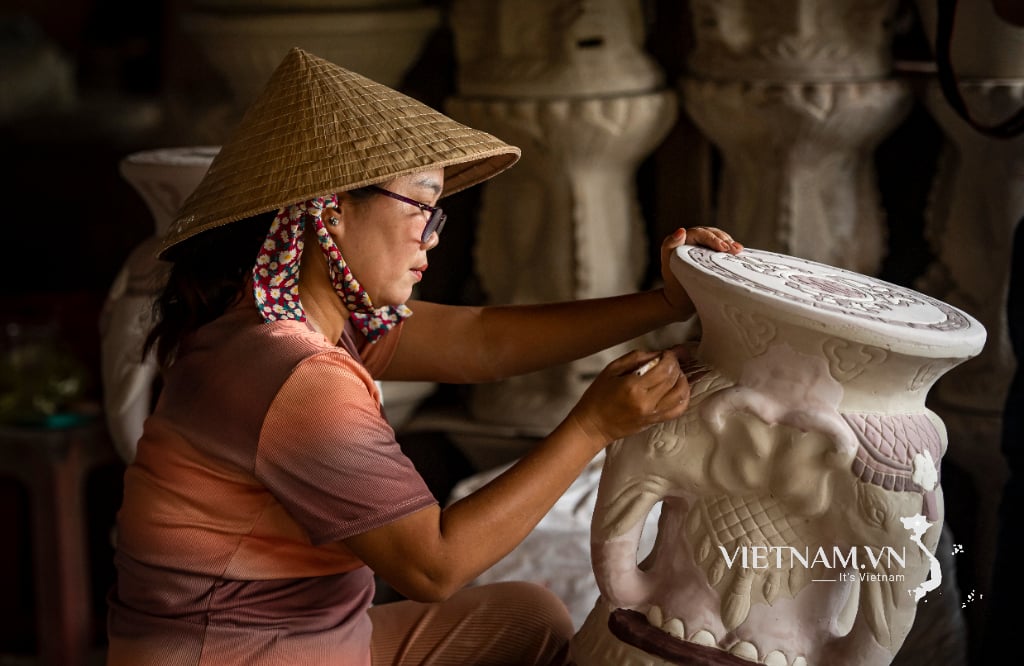

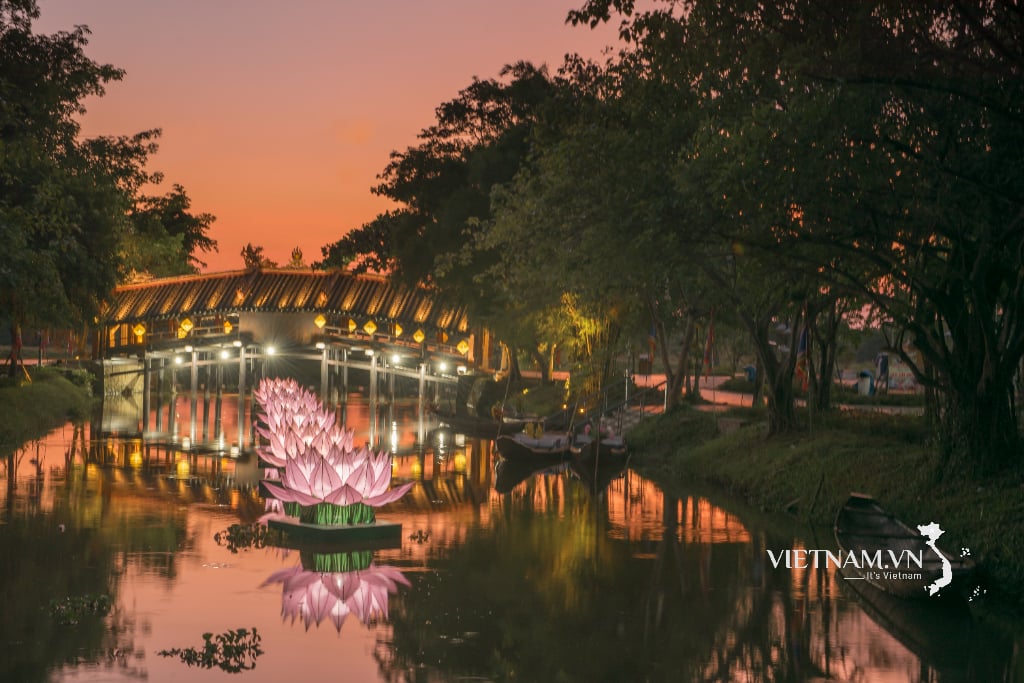
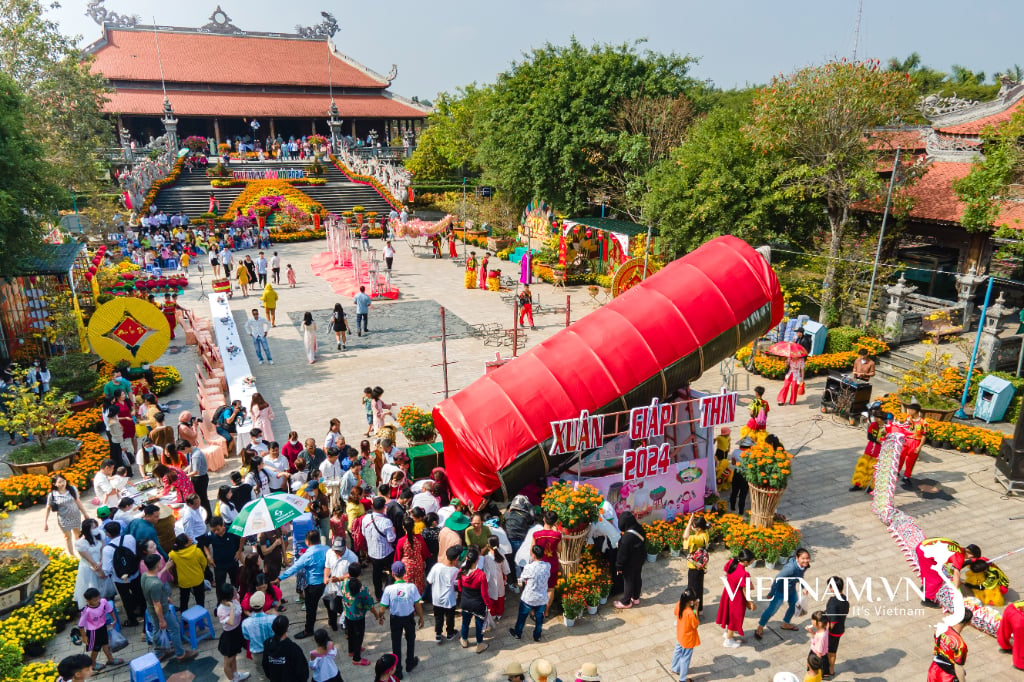
Comment (0)